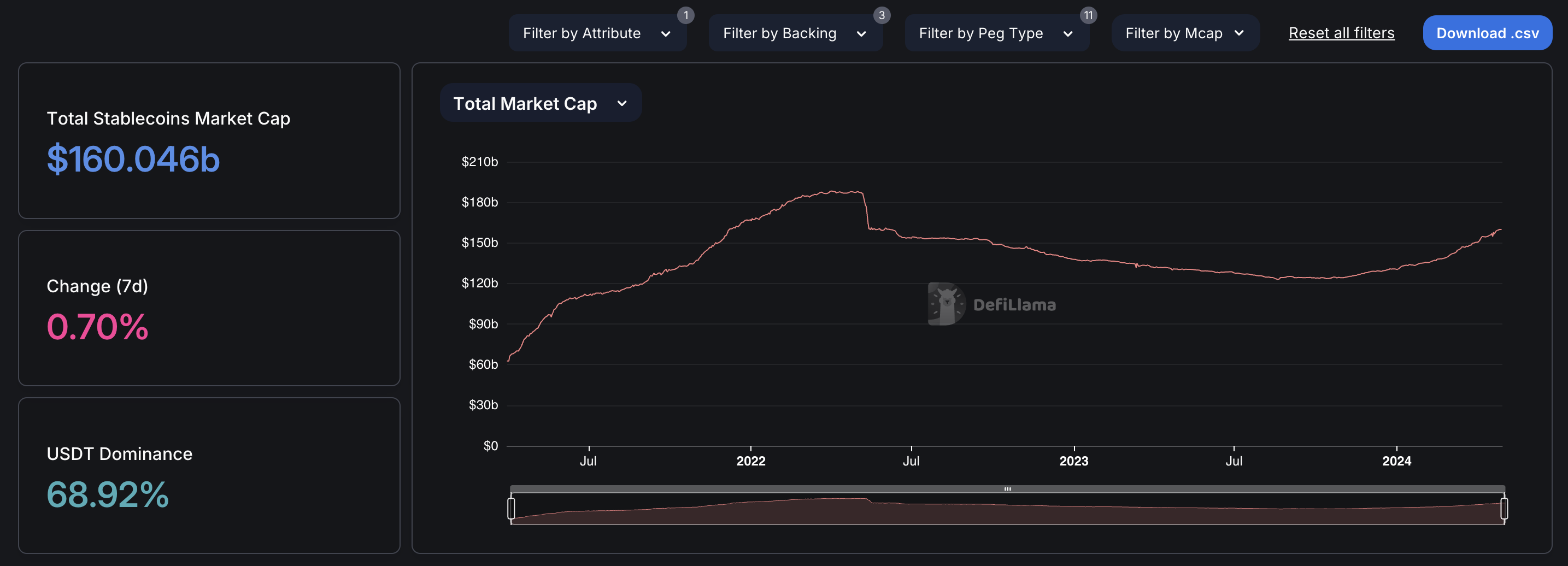Circle stablecoin, USDC, had achieved an important milestone in the stablecoin market, surpassing Tether’s USDT in transaction volume, according to data released by Visa on April 29 through a partnership with Allium Labs.
USDC Stablecoin Recorded $456 billion in transaction volume
The adjusted stablecoin metric data reveals that Circle’s USDC stablecoin has been gaining market share, recording a transaction volume of $456 billion last week compared to Tether’s USDT at $89 billion.
USDC stablecoin also accounted for a 50% share of total transactions since January.
The data report did not specify the reasons behind the surge in USDC transaction volume, however.
Despite the increase in USDC transaction volume, Tether is still the dominant force in the stablecoin market. The USDT stablecoin accounts for over 68% of the market share with a market cap of over $100 billion.

Crypto analyst Noelle Acheson exclusively offered Bloomberg an insight into USDC’s meteoric rise in transaction volume, noting that USDT is primarily held outside the US as a dollar-based store of value. In contrast, USDC stablecoin is predominantly used within the US as a transaction currency.
USDC Stablecoin Continues Growth Rebound After 2023 US Banking Setback
The increase in USDC volumes follows a series of back-to-back stablecoin adoption.
Stripe, a major player in digital payments, reintroduced cryptocurrency payments recently, with a specific focus on USDC stablecoin. The USDC payment integration would launch in the summer of 2024.
Stripe’s announcement, coupled with PayPal’s launch of its stablecoin PYUSD and Shopify’s acceptance of stablecoin payments, indicates a growing adoption of USDC and other stablecoin assets in mainstream transactions.
Meanwhile, Binance converted its $1 billion Secure Asset Fund for Users (SAFU) to USDC stablecoin on April 18 in a bid to bolster the fund’s reliability and ensure SAFU balance value remains the same despite market volatility.
As the US Congress considers stablecoin legislation, crypto enthusiasts believe there’s potential for adopting stablecoin, which will enable blockchain technology to power newer financial systems.